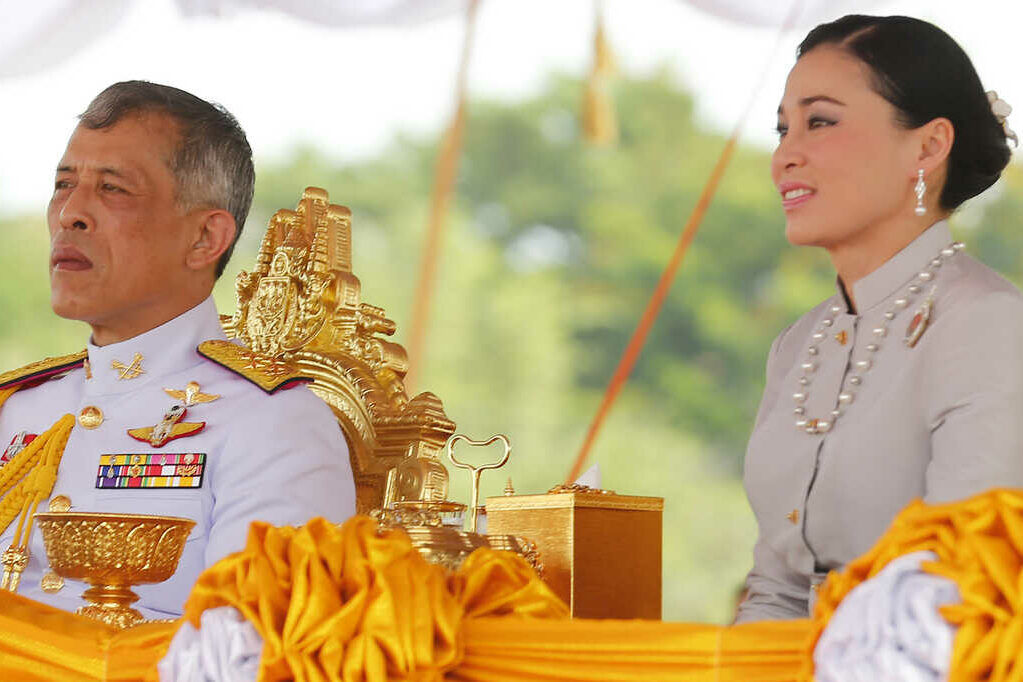Thailand’s political landscape is embroiled in a fierce battle for power, with the monarchy at the center of a burgeoning deadlock. Reformers are striving to loosen the grip of the royalist military establishment, leading to a clash that could push Southeast Asia’s second-largest economy into crisis. At the heart of this struggle lies the progressive Move Forward party’s proposal to amend Thailand’s “lese majeste” law, Article 112, which imposes severe penalties for insulting the monarchy. This contentious proposition has encountered strong opposition from both minority parties and the appointed Senate, intensifying the battle for prime minister.
The Monarchy’s Dominance and the Call for Reform
The monarchy in Thailand holds immense significance within the national identity, with decades of promotion as a central pillar of the country. However, the progressive Move Forward party, led by Pita Limjaroenrat, seeks to challenge the status quo by proposing amendments to the controversial “lese majeste” law. This once-unthinkable move has encountered staunch opposition, with concerns raised about disrespecting and offending the monarchy.
Military Establishment and the Role of the Senate
Thailand’s military has historically utilized its duty to defend the monarchy as a justification for intervening in politics. The lese majeste law has been instrumental in suppressing dissent and stifling criticism, as alleged by critics. The looming battle for the prime minister’s position is further complicated by the involvement of the 250-seat Senate, appointed by a junta, which can potentially obstruct the progressive alliance’s choice, leading to prolonged deadlock.
Potential Consequences and Uncertainty
The battle over the prime minister’s role in Thailand has far-reaching implications for the country’s political stability and economic prospects. Weeks or even months of deadlock could ensue as the Senate’s votes and the opposition from various quarters hinder the election-winning progressive alliance from securing their preferred candidate. The resulting uncertainty could lead to a political crisis with potential repercussions for the economy and stability in Southeast Asia.
Also read: ASEAN’s Crucible: Myanmar Crisis Testing Regional Unity and Diplomacy
The battle for the prime minister’s position in Thailand intertwines with the monarchy’s influence, reformers’ calls for change, and the potential amendment to the lese majeste law. As the struggle unfolds, the nation finds itself at a critical juncture with wide-ranging consequences. The role of the appointed Senate further complicates the political landscape, with its power to obstruct the progressive alliance’s choice. The outcome of this battle could shape the future of Thailand, impacting not only its political stability but also the region’s economic prospects.
















